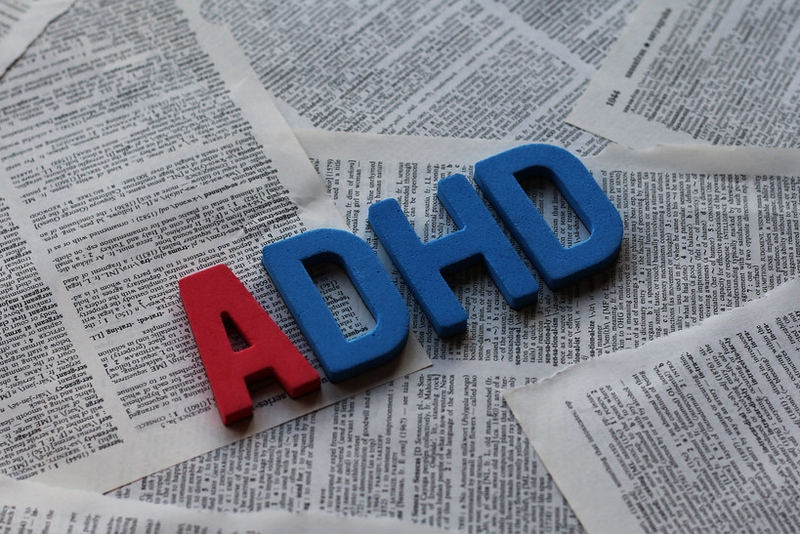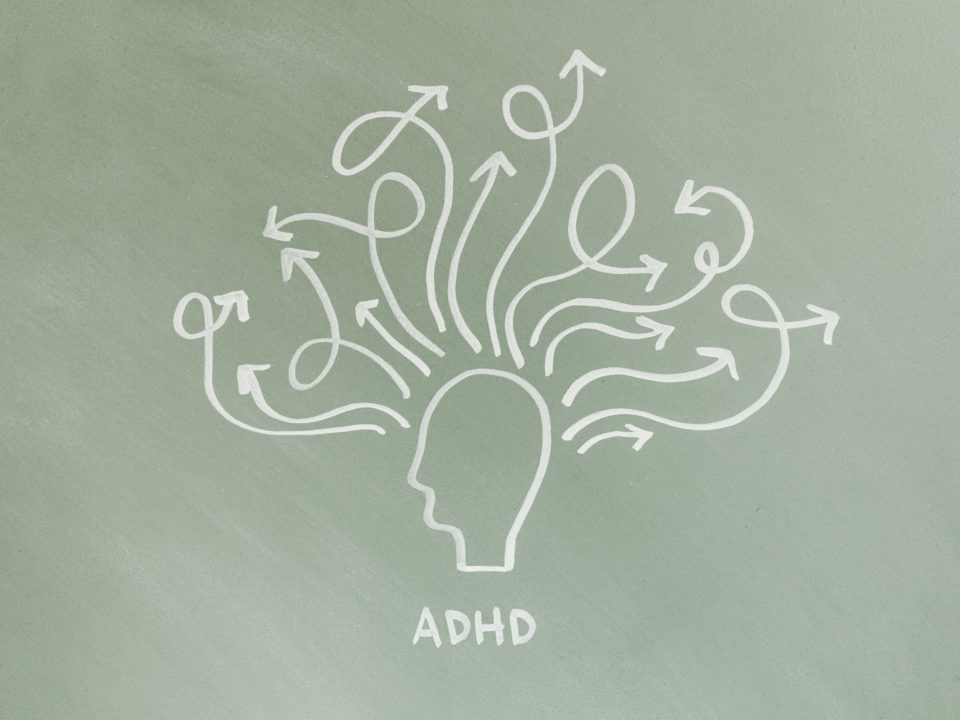ADHD Awareness Month: When Is It?

Featured image by Jesper Sehested Pluslexia.com, flickr.com
Blog post updated on 25th July 2022.
What is ADHD? Find out during ADHD Awareness Month…
Attention deficit hyperactivity disorder (ADHD) is a neurodevelopmental disorder characterised by excessive activity, issues paying attention and issues with controlling behaviour. For ADHD Awareness Month we are going to bust some of the myths surrounding the condition and explore people’s own experiences with ADHD.
The causes of ADHD are not fully understood, but existing research suggests that there is a strong genetic component. For example, ADHD often runs in the family – research shows that parents and siblings of a child with ADHD are four to five times more likely to have ADHD themselves. Also ADHD has a strong link with other neurodiverse conditions: only around a third of children are diagnosed with ADHD alone and some evidence suggests that as many as half of children with ADHD also have conduct or oppositional defiant disorder.
Myth 1: Only boys get ADHD
ADHD is one of the most common disorders of childhood and adolescence with 3.7% boys and 0.9% of girls (aged between 5 – 15 years old) with the condition. The general assumption that mainly boys get ADHD means girls and women are often overlooked. Research shows girls are less likely to be referred to medical professionals despite being at a higher risk of low educational attainment and unplanned pregnancy.
People with inattentive type ADHD do not experience hyperactivity, but instead face problems such as forgetfulness, disorganisation, difficulty focusing and excessive daydreaming. One of the suggested reasons is that females experience mainly inattentive symptoms, symptoms relating to attention span rather than impulsiveness or acting out, which might be missed. Also the medical profession often ignores ADHD symptoms in women because of the assumption is happens mainly in men, which reinforces the low rates of diagnoses in females.
Only fairly recently was it recognised that ADHD is not simply a disorder of childhood, but adulthood too. The symptoms might differ in adulthood though, with more inattentive behaviour instead of hyperactivity and impulsiveness.
Again, medical services are less equipped to deal with adult diagnosis – there can be long waiting lists for adult ADHD clinics – which can leave people feeling unsupported. This can lead to issues in the workplace with poorer workplace productivity, higher absenteeism and presenteeism.
One useful source for ADHD is the following: https://www.psycom.net/adhd
Living with ADHD – case study: Karl Cotta
Karl works at Exceptional Individuals and was diagnosed with ADHD in adulthood. We spoke to him about his experience for ADHD Awareness Week:
When did you find out about your ADHD and how did it make you feel?
Recently, at the start of the year. I had mixed feelings and mostly felt relieved, as I could get the proper treatment for ADHD. All this time I thought dyslexia was my only problem and I was taking treatment for dyslexia, but it wasn’t really working and getting me anywhere.
Do you feel fully supported?
I have not started any treatment. So I am still dealing with the issue. When I study and need to learn something for my job it still takes me a really long time. And I cannot sit down and focus for a long period of time.
I am controlling it myself through diet, exercise and some focusing techniques. I have taken sugary foods out of my diet and I avoid junk food. It helps my be more on point.
What do you wish you had been told at the beginning?
I wish had been told that I had ADHD and was aware of the treatments available during my schooling years. I really struggled and I would have liked to have known why. If I had been diagnosed younger, then things would have been a lot different.
School was a nightmare. Teachers automatically assumed I was dumb. It made me angry and encouraged me not to go to school. I did a BTech so I could go to university. University was slightly better but still difficult.
What would you say to anyone who has ADHD?
Get formally diagnosed. Medication can help and apparently so can CBT Coaching.
Is there anything you would say to your younger self?
Go get a free ADHD test!
Do I Have ADHD? Webinar
Nat Hawley, our Head of Community, has hosted a webinar about ADHD. The webinar covers the traits of ADHD and it is not intended to diagnose ADHD. Only a medical professional can make a diagnosis.
A Brief History of ADHD Webinar
Nat has also hosted a webinar where he discusses the history of ADHD.
Conclusion – ADHD quiz and questionnaire
Many people grow up with ADHD and become adults without ever being diagnosed, receiving little or no support; the true impact of this is not well understood. Try our ‘Do I have ADHD?’ quiz to see if you may show some of the behaviours, and get in contact with us for coaching support if you have ADHD or another neurodiversity.



